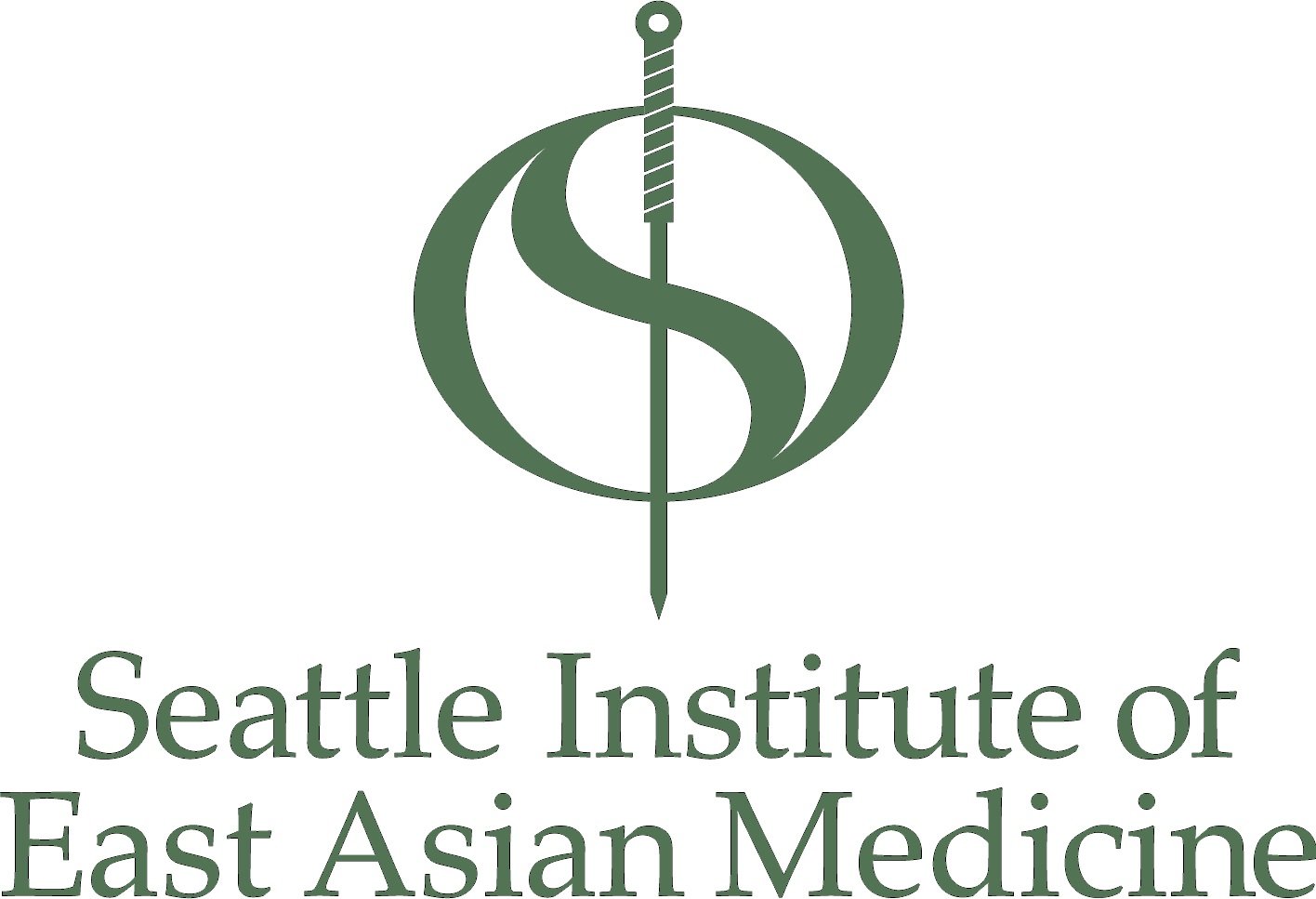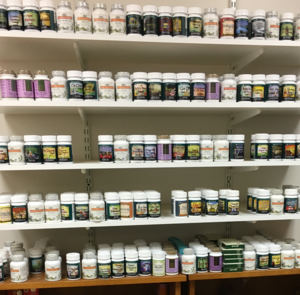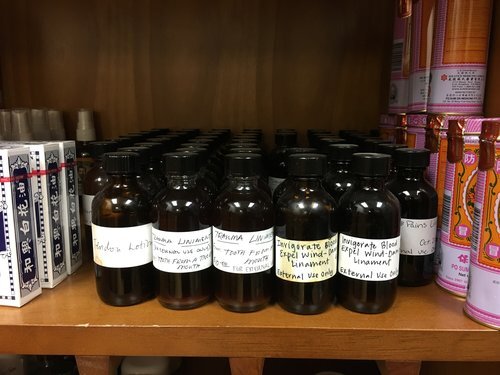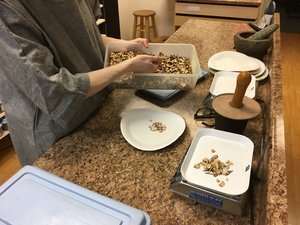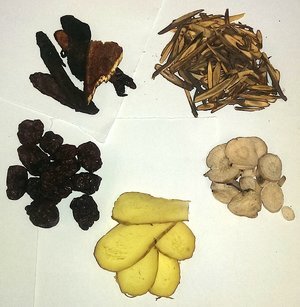Exceptional Clinical Training
Learn by Doing
Education through patient Care
Clinical training is a critical component of every program at the Seattle Institute of East Asian Medicine. The founders of the school believe that effective clinicians are best trained through a combination of rigorous academic work placed firmly in the context of patient care. To achieve this goal, we have developed multiple clinical opportunities for our students. In each setting, students work with practitioners who have a minimum of ten years of clinical experience.
Through SIEAM's own teaching clinic and through external sites, students see a significant number of patients from a variety of backgrounds, ages, and medical complaints. Over the course of the clinical training, student interns develop into effective clinicians.
Acupuncture
Acupuncture practice has varied throughout history and today, the methods of engagement are no less diverse.
SIEAM’s faculty represents expertise in varied approaches to assessment and treatment. Students learn diverse methods of palpation assessment, acupuncture techniques, and other related interventions. Through classroom and clinical experiences with our experienced faculty, students create a rich“toolbox” of approaches to treatment. Having knowledge and clinical experience using these varied techniques means that our graduates are able to adjust techniques to the needs of the patients and address difficult-to-treat concerns with flexibility. The development of these skills may be one of the reasons why so many of our graduates remain in active clinical practice, year after year.
Bodywork
The SIEAM curriculum places an emphasis on developing clinical skills in several styles of Asian bodywork, including Tui Na and Shiatsu. During each trimester of the first year of the program, students receive classroom instruction while simultaneously participating in a Bodywork Internship in the SIEAM clinic. This allows students to develop expertise in these areas and to gain valuable clinical exposure by immediately applying what they are learning to patient care under the supervision of an experienced faculty member.
Herbal Medicine
Students begin learning Chinese herbal medicine as soon as they enter our program. In the first year, all students are introduced to the study of Chinese herbs and formulas, Chinese medical classics and Chinese medical language. Students who choose to enter the MS.Ac.O.M./D.A.H.M. program will begin a more detailed and thorough instruction in in these topics during their second year. Students participate in weekly clinical preceptorships with experienced herbalists on the SIEAM faculty and assist in the herbal dispensary preparing herbal formulations and learning how to manage an herbal pharmacy.
Unique to SIEAM’s curriculum is the completion of a three-year study of Chinese Medical Language & Classics. Students begin in the first year, developing basic vocabulary and reading short selections from the medical Classics. Starting in the second year of the program, students work with Chinese-language materials, classical and modern, to enhance their understanding of herbal medicine theory and its clinical application. Accessing, translating and discussing information obtained from these texts provides the student with a rich understanding of diagnostic nuances and treatment strategies not commonly found in the English language literature.
Students completing the D.A.H.M. will have an opportunity to further develop all these skills in relation to a chosen topic relevant to their clinical practice interests.
Our Teaching Clinic
Treatment is provided by faculty during preceptorship clinics and by student interns during all of our other clinics. Student intern clinics may offer any combination of acupuncture, massage, or Chinese herbal medicine. Our teaching clinic and our classrooms are located in the same building.
Patients can make appointments by calling our clinic or using our online scheduling page. The SIEAM Teaching Clinic is run by our partner organization, the Center for Integrated Care, which is a 501c3 charitable organization.
Treatment Rooms
Our treatment rooms are simple, so some student clinicians have found ways to let their unique styles show. Some have played music through personal mini-speakers. Some have even dressed tables with linens holding personal significance.
Patent Medicines
SIEAM makes available several common Chinese herbal formula products, which may be pills, tablets, tinctures, plasters, or liniments. Students and supervisors work together to determine if any of the pre-made herbal products SIEAM carries is appropriate for patients. Some of these products may even be made by the students, as there is an opportunity to learn how to prepare some of these formulas.
Loose medicinals
SIEAM maintains a stock of over 200 loose medicinal substances with which supervisors and students can offer herbal medicine treatments tailored to each patient.
Students in their first year participate in the portioning of formulas during their preceptor shifts.
Students in their second and third years who choose to study herbal medicine will compose and portion formulas for their patients during the course of the visit.
External Sites
During the third year, student clinicians are assigned shifts at the following locations. Treating patients at these sites not only introduce students to various ways acupuncture is practiced around Seattle, but it also offers students the opportunity to work with a diverse patient population not seen in the teaching clinic.
Asian Counseling and Referral Service
Low-cost treatment is provided for a wide range of clients, including those from the Pacific Rim region. Treatment may include acupuncture, massage, and Chinese herbal medicine.
Evergreen Treatment Services
Treatment is provided in a group setting for clients going through treatment for addictions. These treatments are focused on auricular (ear) acupuncture.
